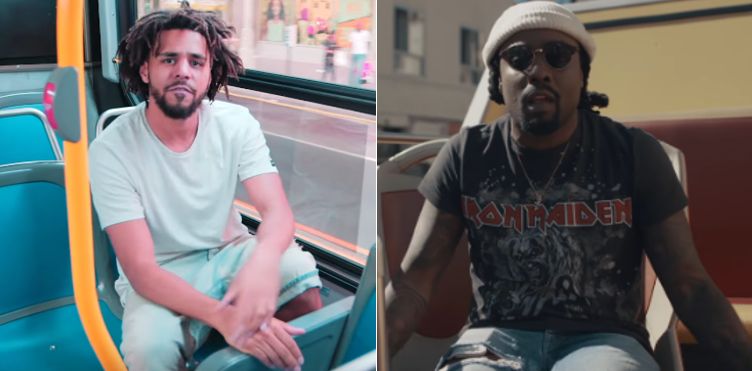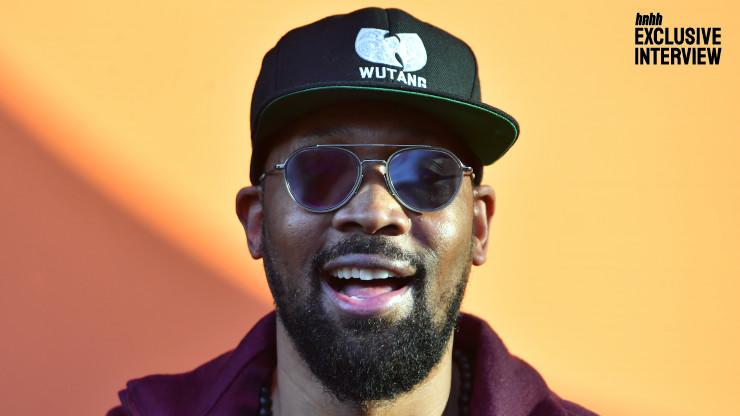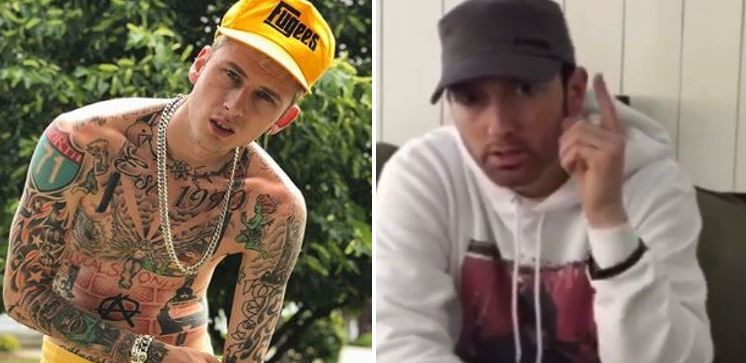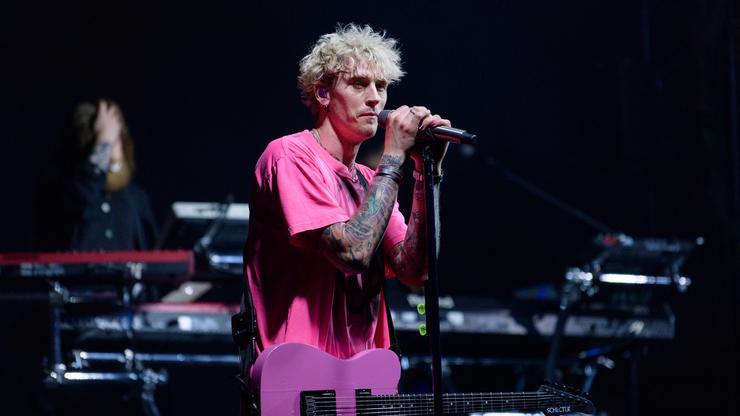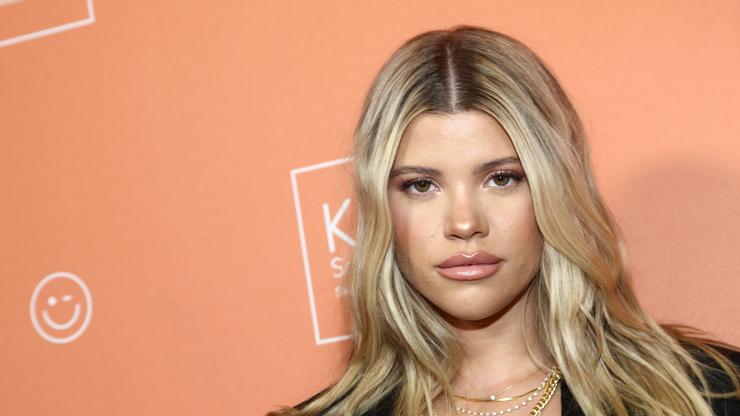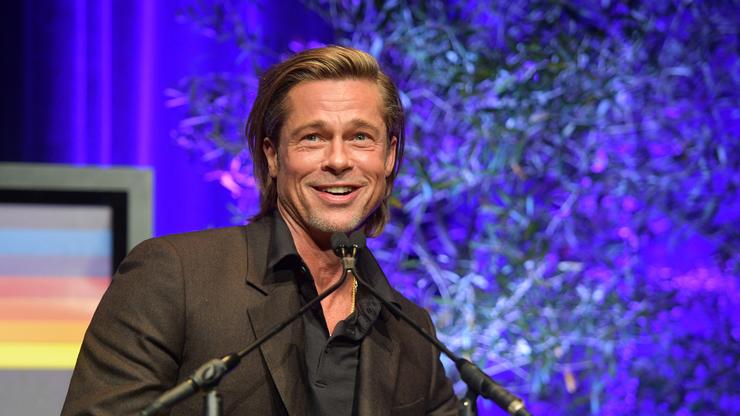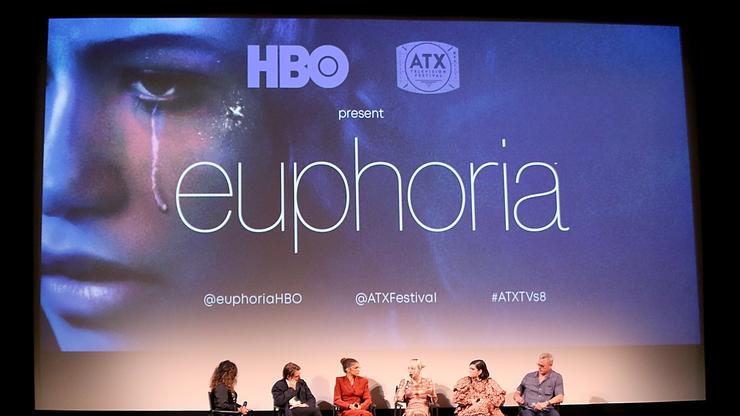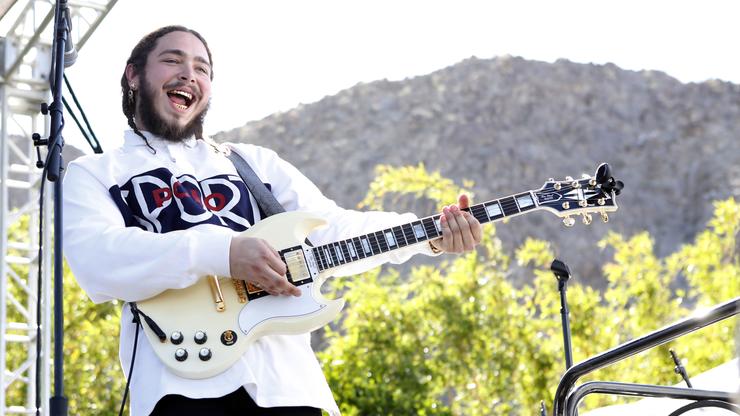The air was crisp as I walked down the crowded Los Angeles streets. Songs like “C.R.E.A.M.” and “Gravel Pit” shaped so much of my childhood that it felt like a dream to be meeting up with the creator of the magic. Born Robert Fitzgerald Diggs, RZA is the mastermind that transformed from rapper, to music producer, to movie soundtrack curator, to actor, to movie producer. His evolution is dizzying, much like his work ethic. RZA is almost a mythical creature at this point in his career, toiling away both in front of and behind the scenes as if he never made it at all. The Wu-Tang Clan‘s de-facto leader ascended humanity long ago, and entered the stratosphere of legend.
RZA stood taller than I expected. He walked into the hotel room with the energy of a lion: regal, dangerous, and wise all at once. When he spoke, his voice was a booming bass that reverberated around the Los Angeles hotel room. His movements seemed calculated, like an android from Westworld following a loop. We sat down over a cup of TAZO tea and discussed the inner workings of a genius. RZA was set to return his TAZO retreat, entitled Camp TAZO: Zen, which is a two-day creative retreat that took place in February. Ten select creators took part in activities and experiences designed to help them take their creativity to the next level. Alongside the retreat, RZA dropped off five unique Guided Exploration tracks aimed at helping anyone, anywhere explore and unlock their creative potential. Prior to the retreat and release of the tracks, RZA and I spoke about his inspirations, his creative process, and he even hinted at big things coming for season 2 of Hulu’s Wu-Tang: An American Saga.
This is our second interview with RZA. Read the first one here.

David Livingston/Getty Images
HotNewHipHop: What brought you to collaborate with TAZO? You have this esoteric vibe and this seems like a good fit, but how did it come to fruition?
RZA: It was an organic fit. My agency reached out and they had a deck that TAZO had prepared. They sent it to me like ‘do you want to be part of this campaign,’ I was like ‘It’s natural.’ Because it’s part of what I do naturally, which is spreading this culture. Spreading ZEN.
It’s 2020, everybody is trying to get on this health kick. What really sets this retreat apart? What is something that you put into this that you feel is really different?
Well, first of all, it’s definitely 2020 and I’m glad people are trying to have more knowledge of their health. Put their health in front of their wealth. You can have all the wealth and not no health, ya mean? But, our exploration is not just about the physical health of things, it’s an exploration to unlock the potential out of people who may not think they got creativity. Out of people who are creative but don’t get a chance to focus on their creativity based on (what) they’re chasing. Whether they’re chasing the dollar, or they’re surrounded by distractions because of family, friends, or even just the noise in the world. To help un-stagnate that. Because in the midst of all that, I’m still creative.
Elaborate further.
We doing explorations. We got one called “Kill The Noise.” Meaning, you know, how do you center yourself in the midst of all the confusion around you, and still be yourself? Well, I use the sun as an example of that. Imagine what’s rotating around the sun, beyond our planets, the comets, the asteroids. Everything just twirling but the sun is centered still. That’s its job. So, that same mindset can be done in a creative aspect for a person. Whether he’s in the studio, whether it’s the writer with the pen and he has writer’s block ‘I can’t write, I can’t write.’ I won’t deny that certain places are better for certain things, but at one point I couldn’t write in certain locations. I wrote one of my best lyrics at this lake in Ohio, and I never released the lyric. But I know that this is the masterpiece. When I read it, it’s almost like a scripture. But then, back in the city, I was like ‘I wanna go back there and write again.’ I remember when Nas was like ‘Yo, sometimes I hit the hotel, get an L for the weekend hit the hotel and just write.’ And that’s New York City, just go into that… it’s still noisy, but it’s still a different energy. Point being made by saying that to you is that some people feel like things around them are stagnating them… just like there’s a focus to make your muscle move. There’s a focus to make that energy of creativity move. And that’s “Kill The Noise.”
Was there a demographic you were going for with these TAZO Exploration tracks? Or was this something you put out for everybody?
Yeah, it’s no demographic. There are probably certain demographics that need it more than others, right? It’s just like, some people like ‘he trying to bring this to the hood.’ Listen. The hood could use some things better, are more vital, in some areas. Just like people in the desert need water more than people who live near the ocean right? (laughs) But water is for everybody.
So, talk about your influences a little bit. You hopped around a lot as a kid. You were in North Carolina, Ohio, PA, New York. How did those different cultures influence how you think?
I think that was one of the blessings of life for me is being able to live in different communities and places. Because it automatically goes to a diverse way of thinking for me. And then if you think about the Wu-Tang Clan, right, we got diverse personalities in my crew. I have 11 brothers and sisters, you watch the TV show we can’t show 11 that’s the whole damn season [laughs]. I’m from a family of 11.
You have also traveled quite a bit, and we know Wu-Tang has lots of Eastern influence. Tell me about a traveling memory that stands out to you.
First thing, let me say one thing about China. I hope you make it there one day. In one city I went to, they built a scale version of another city. Like so, you’ve heard of the Forbidden City? That’s where the king, all the shit… that’s probably three times the size of any Hollywood stage.
And they recreated that?!
Exactly! And it’s just a set. So, that park I was in wasn’t a famous park of nothing like that. But it still was like Central Park. Central Park is about… it starts on 59th street and some of it goes up to about 96th. Basically 20-30 blocks. Man, this park was already bigger than Central Park.
How about when it comes to working on movies? Have you ever had creative differences with actors or writers?
One actor told me that, ‘Yo, I don’t wanna die.’ But I said, ‘In the script, you die brother,’ (laughs). ‘Yeah but I don’t want that character to kill me’ and I’m like ‘wow.’ Because it became a competition. So I’m like ‘Okay, you gonna die. That’s a fact. I can switch it up, I can get you killed by someone else. I can work with that.’ In fact, so he told me also he had a crush on another character. I said, ‘You know what, I’ma have that character kill you.’ It’s going to be more artistic for me. That’s art right? But that’s also the creative force happening.
What would be your advice to young black men trying to follow in your footsteps, trying to get into this industry?
I would say to a young writer that, first thing I would tell them, write regardless of whether you’re getting paid for it or not. That’s the first thing I tell them because Picasso couldn’t even imagine how valuable his paintings were going to be. So, your experience is what you’re capturing when you’re writing. Or your imagination, or your opinion. So it’s unique. In the fact that it’s as unique as your fingerprint. You gotta keep leaving your fingerprints everywhere. And eventually, right, the value of it, whatever that value is, is going to manifest itself. That painter starts on a blank canvas, it’s just paper and oil. Until it’s complete. One of our points of our exploration is also about the idea that people get on a paper chase. Talk about chasing the money, we don’t get a chance to develop our, and evolve our, skill and talent. And the money comes in front of the talent. And I’ve said it to rappers after the 90s and the 2000s came in. I kinda met a few West Coast rappers and whatever. I just told them ‘Yo, by the time I was heard as an MC on the mic as far as 36 Chambers… I probably already wrote 400 different lyrics. So now, my shit is condensed. Like think of Inspectah Deck, ‘I smoke on the mic like smoking Joe Frazier/ the hellraiser/ raising hell with the flavor.’ That was cool for then. But he was writing for ten years before he got to that. And then, by the time he got to that, the world accepts it… but those lyrics are mediocre compared to when ‘Triumph’ comes out. Now the same rapper says, ‘I bomb atomically, Socrates’ philosophies/And hypotheses can’t define how I be droppin’ these/Mockeries, lyrically perform armed robbery/ Flee with the lottery, possibly they spotted me.” That’s just four lines. He just gave you the whole history of civilization and pulled off a bank robbery [laughs]. So, that’s because that pen never stops. So I would advise a young writer, don’t do it for the money.
Last but not least, Wu-Tang: An American Saga… everybody is waiting on the second season. Can you give us anything as far as scope, story… are we going to get to see any other rappers from hip-hop history?
Only thing I gotta say about that is that, first of all, I wanna thank all the fans. For supporting the show. A lot of people didn’t have Hulu and actually got Hulu… they did a little bit of analytics. And it was like it attracted new customers, I wanna thank the people who tuned in for it. It’s not easy to get a second season in today’s climate. We have one. And I can assure them we’re in the writer’s room and if you liked the first season we are striving with full thrusters to make it better.
